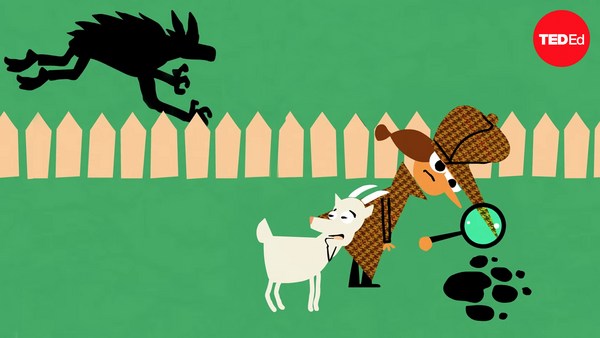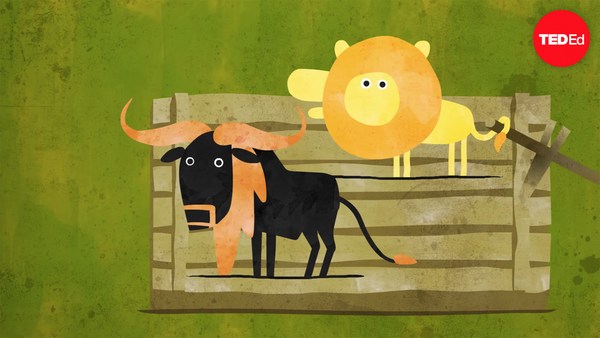After centuries of war, the world’s kingdoms have come to an agreement. Every five years, teams representing the elves, goblins, and treefolk will compete in a grand tournament of dragon jousting. Every team will face each of the others once. The kingdom whose team wins the most matches will rule all of Center-Realm until the next tournament. To prevent any outside meddling, the games are to be conducted in absolute secret except for a group of wizards who will make sure nobody uses enchantments, hexes, or spells to cheat.
You’ve been given the extremely important job of recording the scores for the first inaugural tournament. But the opening celebrations get a bit out of control, and when you wake up, you realize the games are already underway. Fortunately, no one has noticed your absence so far. However, you need to get up to speed quickly; if your boss, the head tournament official, finds out you’ve been sleeping on the job, you’ll lose your head.
After weighing your options, you decide to offer your life’s savings to one of the regulation wizards in return for the information, giving him your blank scorecard to fill out. But before he can finish, your boss walks into the tent. You barely manage to hide the scorecard in time, and the wizard excuses himself.
Your boss chuckles. “Hope you didn’t believe anything Gorbak’s been saying— he’s been cursed to tell only lies, even in writing. Anyway, can you believe how low-scoring the tournament’s been? Every team has played at least once, yet not a single match with a combined score of more than five hits! Anyhow, I’ll be back in a minute to review your scorecard.” You laugh along, and when he leaves you look at the partially completed card, now knowing every single number on it is wrong.
You’ve only got one chance to save yourself, so what’s the real score of each match?
Pause now to figure it out for yourself.
The incredible thing about this riddle is that you can reach the solution despite an almost complete lack of correct information. And that’s possible because knowing that something is false is meaningful information in its own right.
The first key is to realize that no team will play more than two matches, since there are only two other teams. So if the elves didn’t actually play one match, and the goblins didn’t actually play two, the truth must be that elves played two and goblins played one. For the elves to have played two matches, they must’ve faced each of the other teams once. And since goblins have only played one match so far— against the elves— that means the match between goblins and treefolk has not occurred yet.
We know it’s false that the treefolk tied zero matches, which means their bout against the elves must’ve tied. We also know that the elves won at least one match, and since they tied against the treefolk, they must have beaten the goblins.
But can we figure out the actual scores? Let’s start with the elf-treefolk tie. Because no more than five total hits were scored, the final tally must’ve been 0-0, 1-1, or 2-2. But the treefolk must’ve scored some hits, and it’s false that they only had one hit scored against them. The only option that leaves is 2-2.
In the match between elves and goblins, the goblins must’ve scored at least one hit. And the elf score must be 2 or more for them to have won the match. This leaves only a few possibilities that add up to 5 or less. The elves couldn’t have scored three, so that eliminates these two. And their total hits scored across both matches can’t add up to six, so this one’s out too. So the score must’ve been 2-1.
With one match remaining, you’ve managed to save your job— and your neck. Gorbak the wizard may have lied, but your deductive skills quickly evened the score.


